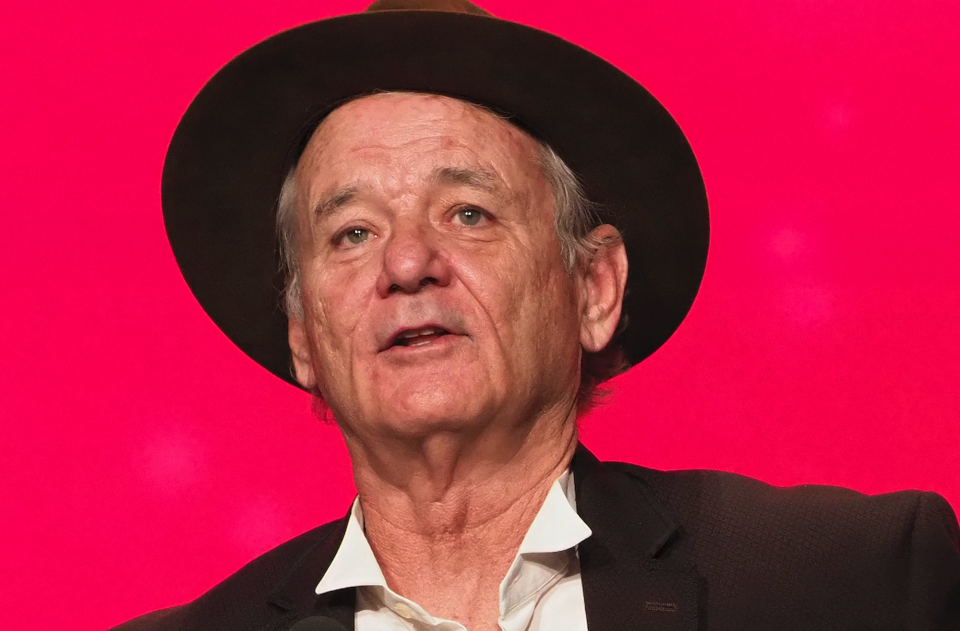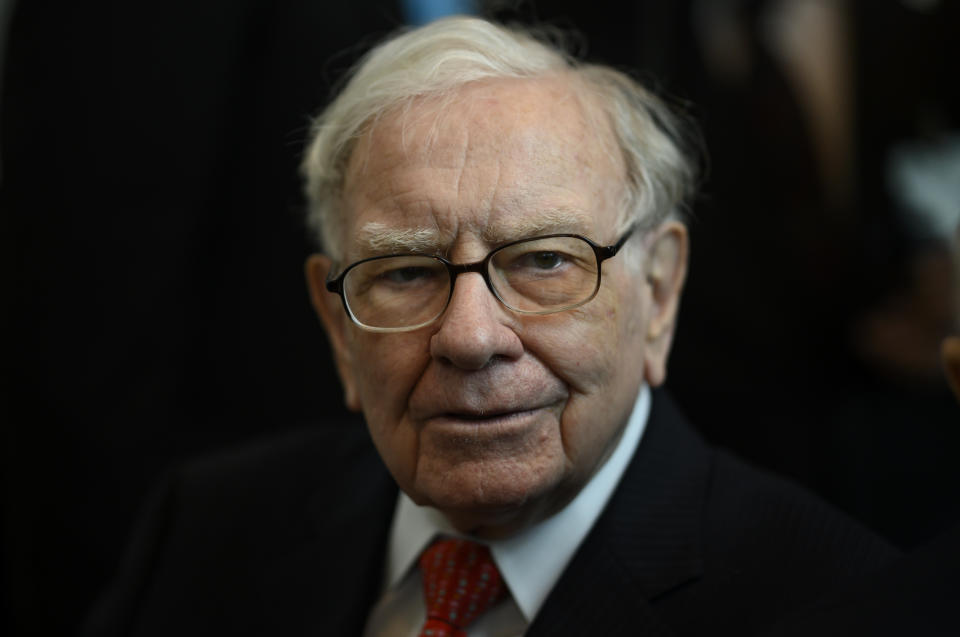Bill Murray asked Warren Buffett a question, and the billionaire gave a powerful answer on income inequality
Actor and comedian Bill Murray surprised viewers of Berkshire Hathaway’s (BRK-A, BRK-B) annual shareholders meeting when he submitted a question for billionaire Warren Buffett.
“This pandemic will graduate a new class of war veterans. Healthcare, food supply, deliveries, community services. So many owe so much to these few. How might this great country take our turn and care for all of them?” Murray asked, according to CNBC anchor Becky Quick, who moderated the Q&A.
The 89-year-old investor, who is the fourth richest person in the world, acknowledged that there’s “unimaginable suffering” by the poor and disadvantaged, many of whom are working at the frontlines of the COVID-19 crisis.
[See also: Warren Buffett has two ideas for ending inequality]
“They’re working 24-hour days, and we don’t even know their names. So if we go overboard on something, we ought to do things that are going to help those people,” he said. “They’re contributing a whole lot more than some of the people that came out of the right womb, or got lucky and things, or know how to arbitrage bonds or whatever it may be. In a large part, I’m one of those guys.”
Buffett, who’s been a cheerleader for America, added that the wealthiest country in the world should “try to create a society that under normal conditions with more than $60,000 of GDP per capita, that anybody that worked 40 hours a week can have a decent life without a second job and with a couple of kids.”
“Nobody should be left behind,” Buffett said.
Read more: Warren Buffett: Lessons from a legendary investor

Murray, a Berkshire Hathaway shareholder, has become somewhat of an urban legend for showing up randomly and having interactions with everyday people, whether it’s a kickball game or bartending someone’s house party, as chronicled in the 2018 Netflix documentary, “The Bill Murray Stories: Life Lessons Learned from a Mythical Man.”
Buffett and Murray are acquainted, and so perhaps the actor’s appearance wasn’t too much of a surprise.
“I hope we as a country move in a direction where people Bill was talking about get treated better, and it isn’t going to hurt. It isn’t going to hurt the country’s growth, and it’s overdue,” Buffett said.
Buffett has previously proposed addressing income inequality through increasing the Earned Income Tax Credit as opposed to just raising the minimum wage.

“We address it through things like the Earned Income Tax Credit,” Buffett told Yahoo Finance's editor-in-chief, Andy Serwer, in March. At the time, he repeated again that “anybody that works 40 hours a week, and has a couple of kids, that they don't need a second job in the family. They can have a decent life.”
In other words, increasing the EITC can help more people feel part of the economic system.
"[I] think that's a better system. What they need is more money in their pocket. Now, you can do more money in the pocket through a minimum wage, but you don't [have] as many people working. You need something so they have money in their pocket. And we can do that, and that does require, in my view, it requires higher taxes on people that ... were born into this world with peculiar talents that marvelously now, and 200 years ago, they would have been out there picking corn with me,” Buffett told Yahoo Finance.
The Earned Income Tax Credit is a refundable tax credit that goes to millions of low- to moderate-income workers, particularly parents, to supplement their earnings. One of the reasons Buffett favors the EITC is that it rewards work.
As of December 2019, approximately 25 million workers and families received about $63 billion in EITC, with the average amount received of about $2,476, according to the IRS.
Julia La Roche is a Correspondent at Yahoo Finance. Follow her on Twitter.
Warren Buffett: People aren’t driving as much since the COVID-19 outbreak
Buffett offers 2 best pieces of advice for aspiring investors
Find live stock market quotes and the latest business and finance news
For tutorials and information on investing and trading stocks, check out Cashay
Follow Yahoo Finance on Twitter, Facebook, Instagram, Flipboard, LinkedIn, and reddit.




